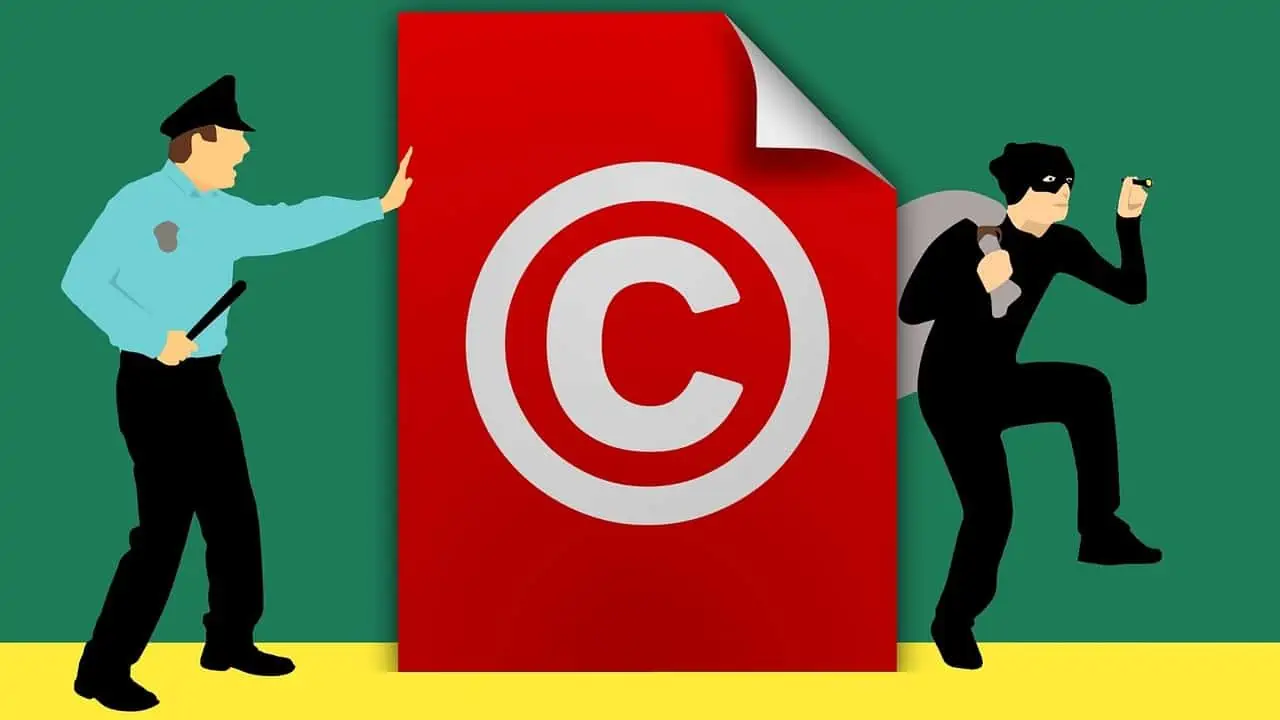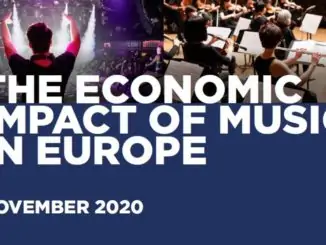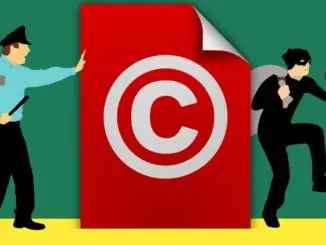
Online piracy declines in Europe according to a study by the European Union Intellectual Property Office (EUIPO) which shows that 51% of 15 to 24 year olds in Europe say they have not used, played, downloaded or streamed content from illegal sources in the last 12 months. This compares to 40% in the last study conducted in 2016.
The 2019 Intellectual Property and Youth Scoreboard shows a decrease in the percentage of young people who intentionally use illegal sources of digital content, such as music, films, series and games: 21% in 2019 compared to 25% in 2016. Results suggest that this reduction may be linked to the increasing range and affordability of subscription services for digital content. 22% of those surveyed claim to be willing to pay for such services if the fee is affordable; 9 percentage points more than in 2016.
Young Europeans are increasingly aware of potential online security risks and the importance of observing the law when accessing digital content such as music, films or series, according to the report. Considerations such as the risk of credit card details being stolen, or viruses infecting personal devices, are reasons for young people to avoid accessing digital content from illegal sources.
Slight increase in online counterfeit purchasing
This behavioural shift, however, is not reflected in young people’s tendency to buy fake goods online such as clothing, accessories or footwear, where price continues to be the key driver at the point of purchase.
13% of young people surveyed declared that they had intentionally bought counterfeits in the last 12 months, compared to 12% in the 2016 edition. However, over half of those surveyed believe that buying counterfeits is ‘just not cool’, and 66% acknowledge that artists, creators and the teams behind them may be harmed.
Christian Archambeau, Executive Director of EUIPO, said, “We have to understand what drives young people today when devising policies and programmes to protect IP in the future. Our study series tracks changing behaviour and attitudes over time, allowing policy makers and all who work with intellectual property to gain valuable insight into how younger generations react to IP rights, online and offline.”
The study (73pp) which is available in all the main EU languages is a free download and can be found here.
Data by country
(from the 2019 Intellectual Property and Youth Scoreboard)
Belgium
31% of 15 to 24 year olds surveyed in Belgium said they had intentionally accessed digital content from illegal sources, compared to 33% in 2016, (2 percentage point decrease).
14% of 15 to 24 year olds surveyed in Belgium said they had intentionally purchased counterfeit goods, compared to 11% in 2016 (3 percentage point increase).
France
24% of 15 to 24 year olds surveyed in France said they had intentionally accessed digital content from illegal sources in the past 12 months, compared to 34% in 2016 (10 percentage point decrease).
10% of 15 to 24 year olds surveyed in France said they had intentionally purchased counterfeit goods in France, compared to 11% in 2016 (1 percentage point decrease).
Germany
13% of 15 to 24 year olds surveyed in Germany said they had intentionally accessed digital content from illegal sources, compared to 19% in 2016 (6 percentage point decrease).
11% of 15 to 24 year olds surveyed in Germany said they had intentionally purchased counterfeit goods, compared to 8% in 2016 (3 percentage points increase).
Italy
21% of 15 to 24 year olds surveyed in Italy said they had intentionally accessed digital content from illegal sources, compared to 22% in 2016 (1 percentage point decrease).
12% of 15 to 24 year olds surveyed in Italy said they had intentionally purchased counterfeit goods, compared to 9% in 2016 (3 percentage point increase).
Spain
29% of 15 to 24 year olds surveyed in Spain said they had intentionally accessed digital content from illegal sources, compared to 33% in 2016 (4 percentage point decrease).
16% of the youth surveyed in Spain declared having intentionally purchased counterfeit goods, compared to 20% in 2016 (4 percentage point decrease).
United Kingdom
14% of 15 to 24 year olds surveyed in UK said they had intentionally accessed digital content from illegal sources, compared to 19% in 2016 (5 percentage point decrease).
8% of 15 to 24 year olds surveyed in UK said they had intentionally purchased counterfeit goods, compared to 9% in 2016 (1 percentage point decrease).
The European Union Intellectual Property Office (EUIPO) is an agency of the EU which manages the registration of the EU trade mark (EUTM) and the registered Community design (RCD), as well as carrying out cooperation activities with the national and regional intellectual property (IP) offices of the EU. The EUIPO also carries out research and activities to combat IP rights infringement.




